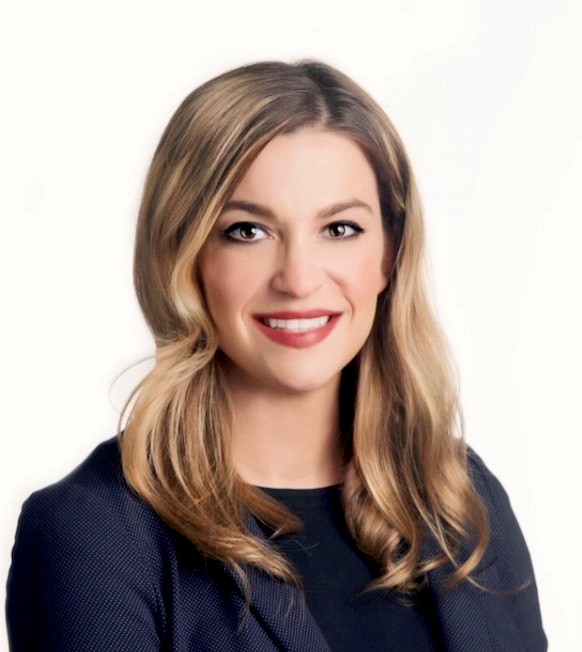Less than two years after Saint Mary’s University professor Ellen Farrell began commercializing a software product aimed at helping women founders, she has revealed that 20 initial participants have raised almost $25 million in dilutive and non-dilutive funding.
Farrell, a key figure behind the Sobey School of Business's entrepreneurship and venture capital programming, devised Investor Q&A to help female founders excel during question-and-answer sessions with investors. The Q&A is more important than the pitch because that is where the funding is decided, she said.
Farrell told Entrevestor that her program allows women to “understand how the game is played and how money works,” and that it also emphasizes business knowledge and leadership.
Farrell has taught and researched VC for over 30 years. Like many others, she noticed the disproportionately small share of VC investments that go to female founders. On average, only 2 to 4 percent of VC capital goes to women.
In 2018, she discovered a study that revealed how unconscious biases lead to women being asked questions that don’t correlate with securing funding. The research also identified topics that do correlate with successful funding.
The result of her work: Investor Q&A is software designed to help entrepreneurs through the use of regulatory focus theory — a field of psychology that studies the behavioural contrasts between fear-based decision-making and goal-oriented decisions.
“What we are doing is basically using training and instruction — role-play, practicing out-loud — to be able to inculcate women with qualities that help them look like the leaders that they are,” she told Entrevestor in an earlier interview.
Farrell added that the instruction focuses on such questions as: "What are the kinds of topics that are positively correlated with investment? And what are the kinds of topics that are negatively correlated?”
Farrell originally created the Investor Q&A platform to provide investor readiness training to student entrepreneurs at SMU before launching the platform as an independent business. (SMU does not take an ownership stake in intellectual property developed by its faculty in order to promote these types of innovations.)
Farrell’s team, which includes five people, focused on Canada as its beachhead market, but now also has customers in the central United States. The company’s revenue model, Farrell said, is to partner with startup support organizations or other entities that train entrepreneurs. As of now, the software is always presented with Investor Q&A branding, though Farrell said white labeling the software could be a possibility in future.
Farrell’s other innovations at SMU have included taking a leading role in organizing Venture Grade, the Sobey School’s student VC fund. She has also been the driving force behind SMU’s delegations to the international Venture Capital Investment Competition, and to Canada’s leading schools participating in VCIC Canada hosted by SMU.
After decades teaching and working in VC, Farrell said she has come to a point where, “I see I can move the needle for some women before I retire.”







